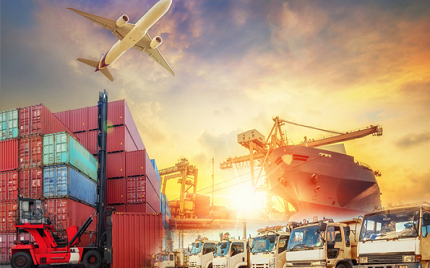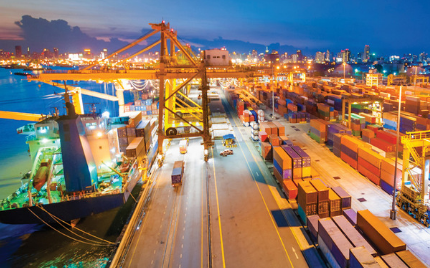This podcast is on why a supply chain professional need to pursue supply chain certification?
At the beginning of 1990’s when I started working for an engineering firm, supply chain tasks were more or less a common sense. Anyone with a degree in commerce, science and engineering can handle the tasks with little bit of on-the-job training. Those days MBAs were rarest of rare and we never had any programs to educate us in supply chain concepts. I mean there were not many college programs related to supply chain body of knowledge. Some of my best colleagues came from industrial engineering background.
Click here to listen to this episode
At the same time, the supply chain is less VUCA (an acronym for volatile, uncertain, complex and ambiguous) compared to today. The product assortment was only a few, competition was less or even protected, customers were willing to wait for more time than today, only handful vendors and we were very much regional.
Fast forward to 2019, are the supply chains same? Definitely not. Today’s supply chains are highly complex and global. The global nature of the supply chain is both on the upstream and downstream. Supply chains are technology driven. If you consider some of the companies like Amazon and Flipkart, I would say, first they are supply chain companies and second they are technology companies. There are numerous examples for such companies, where supply chain and technology are two sides of the same coin - one cannot function without the other. The influence of technology itself is a major fillip to supply chain in terms of visibility, velocity and variability (the 3 V’s). Technologies such as automatic identification devices, artificial intelligence, robotic process automation, machine learning, internet of things and block chain are going to revolutionise supply chain in the coming years. In fact, our National Conference of Supply Chain and Logistics 2020’s focus is on building futuristic supply chains.
What about customer expectations? It is always a raising bar, but at the same time due to declining margin because of increased competition, companies are forced to reduce supply chain budget without compromising on customer service levels. How is it possible? Companies are making it possible with a deeper understanding of supply chains, better network design and process improvements.
Now the question is how to cope up with these ever evolving supply chain body of knowledge and influence of technologies? That’s where the APICS Certifications such as CSCP, CPIM and CLTD comes into picture. You will not only master the global best practices in supply chain but also continuously update yourself with continuing education. When certified you are armed with a twin edged sword, one the supply chain body of knowledge and an internationally recognised credential which is sought after by companies across the globe. This knowledge and the recognition will help you to weed out the poor processes you will come across in your organisation. Also being certified gives you enormous confidence to get into the root cause of the problem and recommend the appropriate solution.










